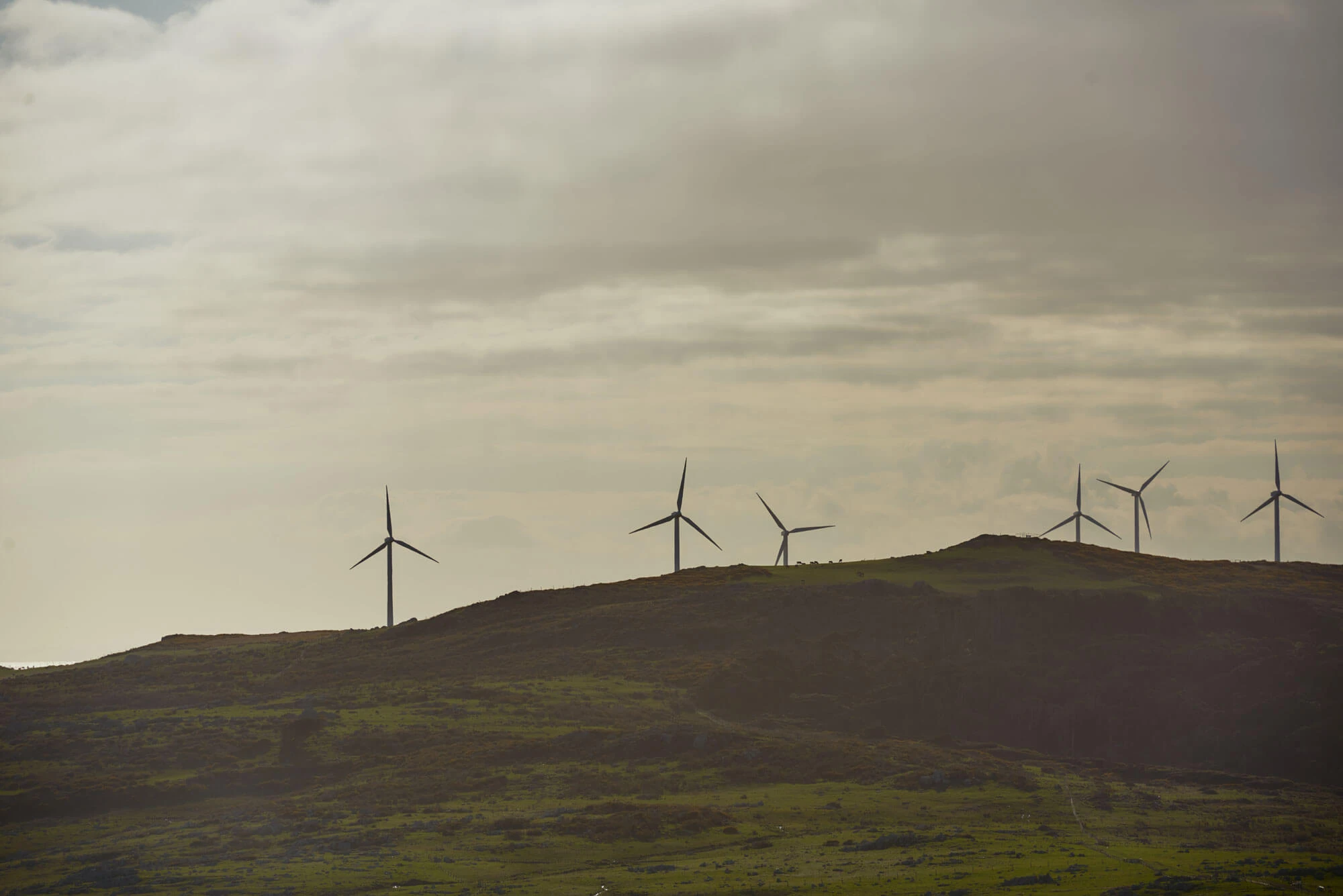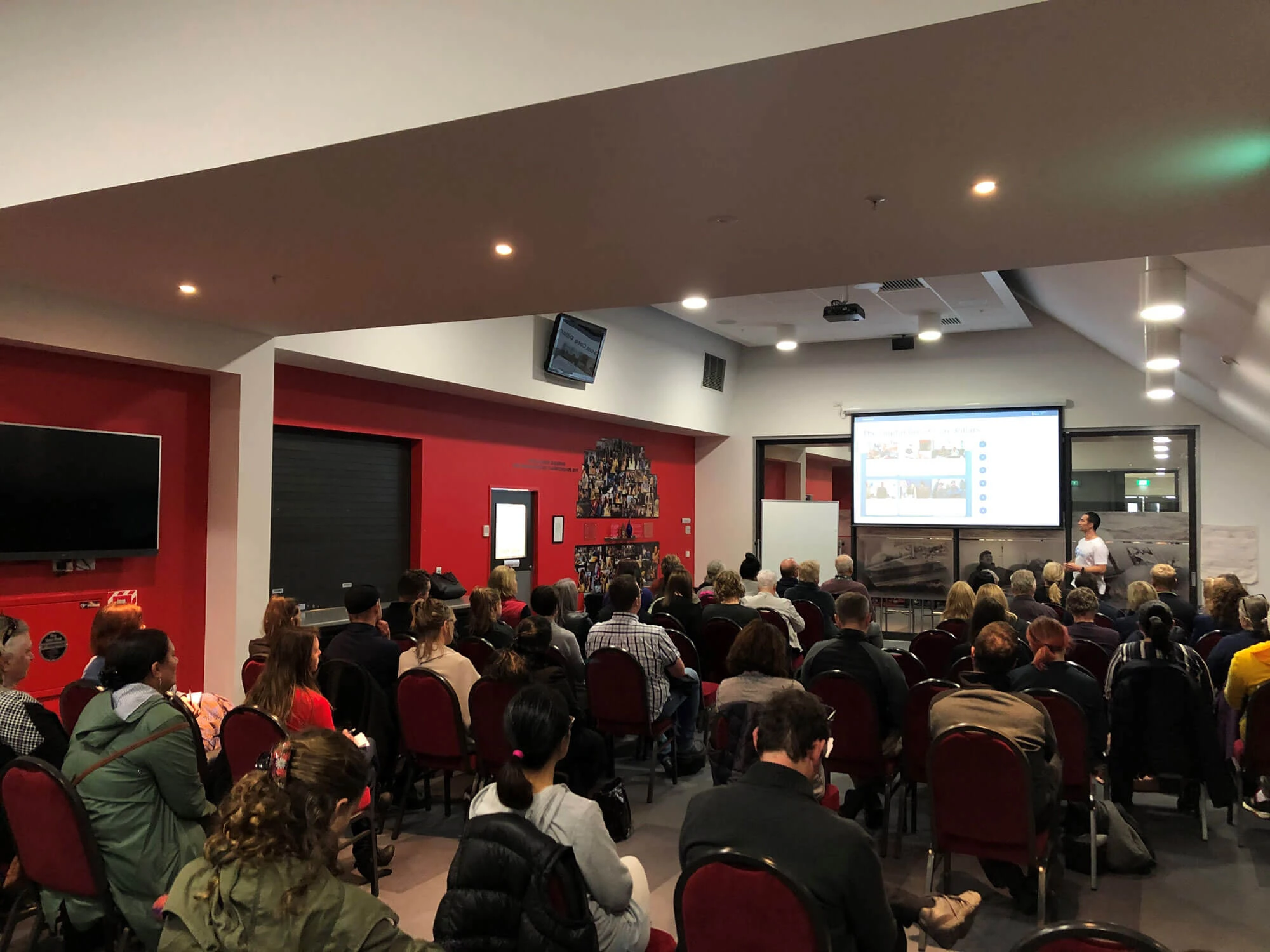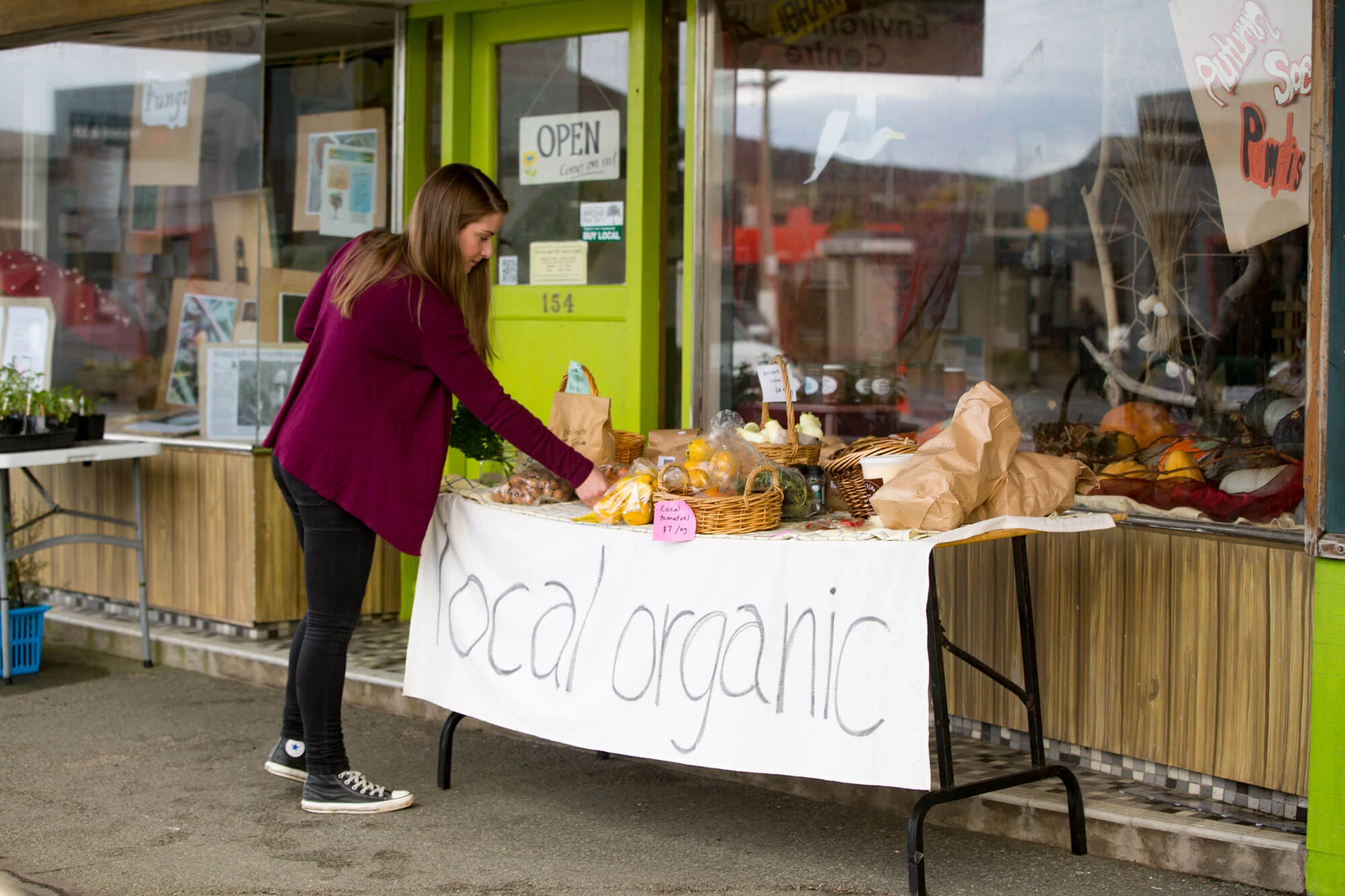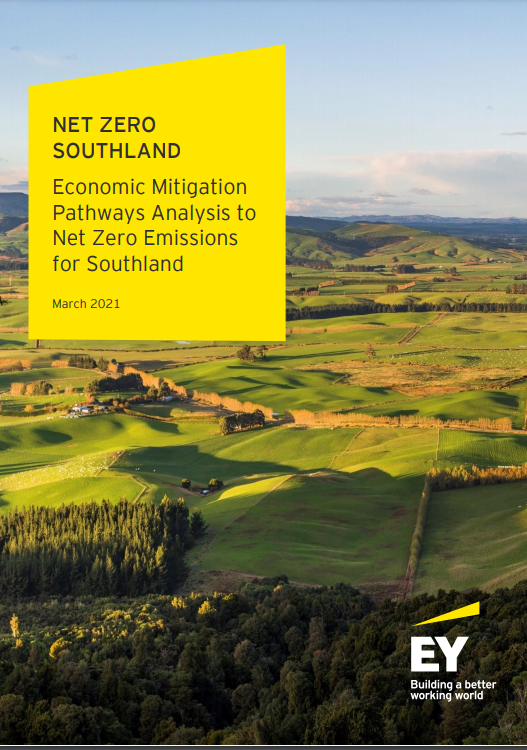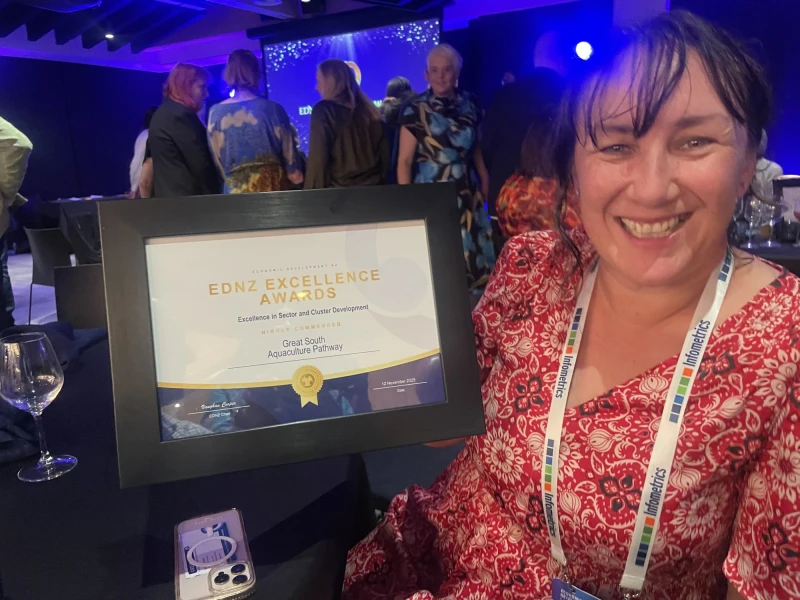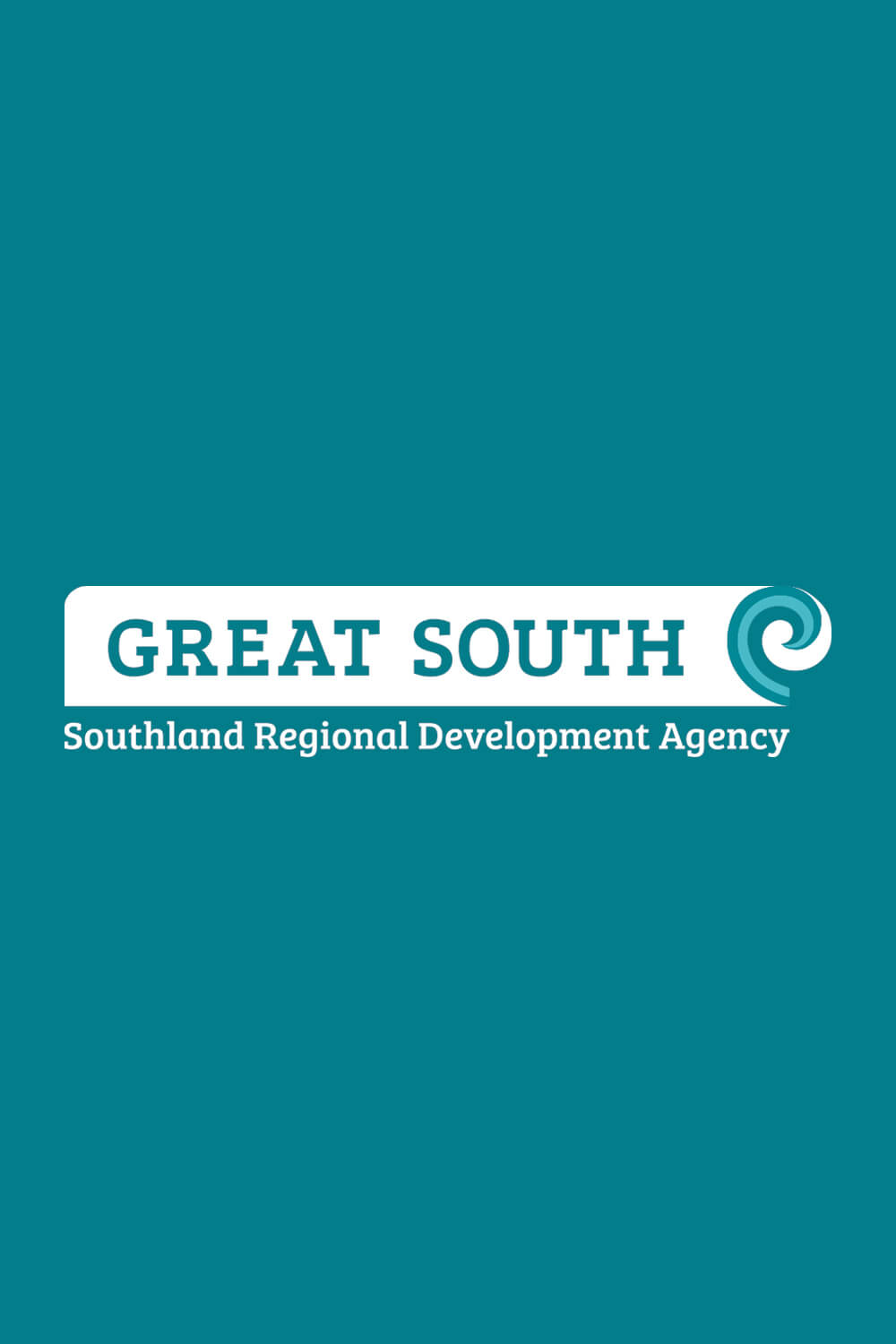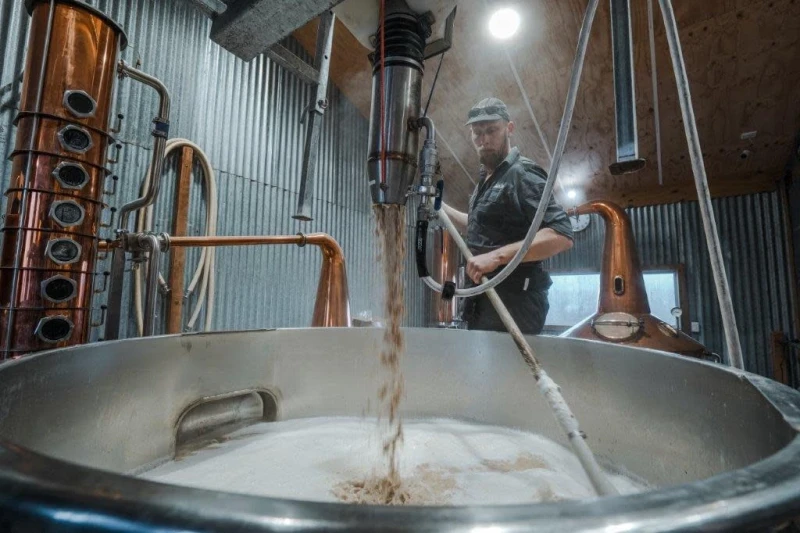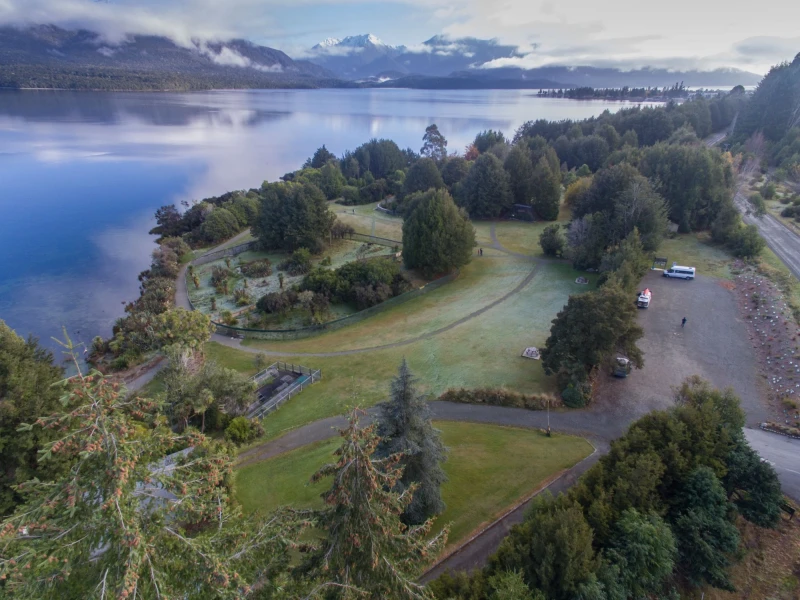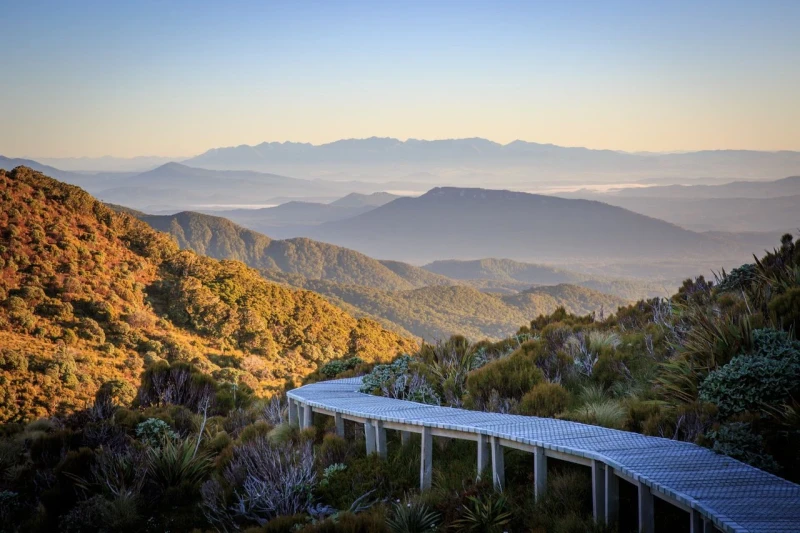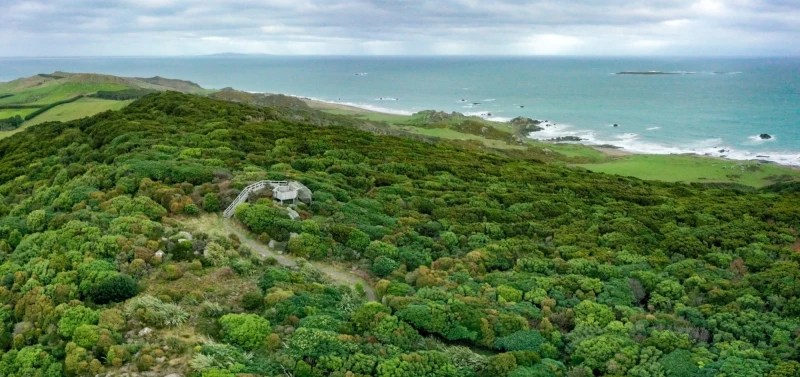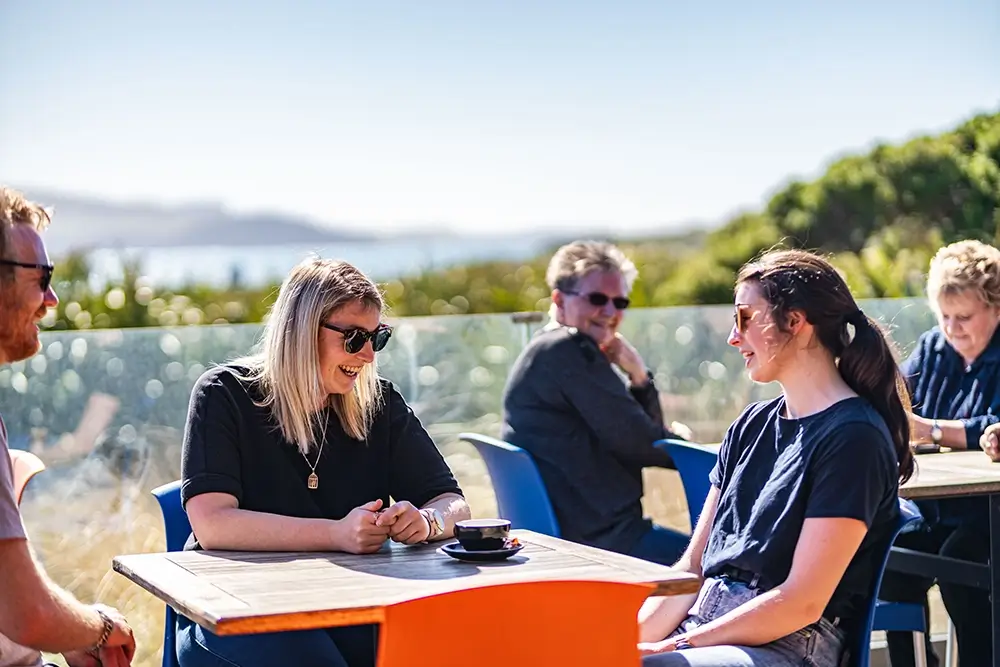Southland can meet ‘net zero’ emissions target by 2050
8 Jul 2021
Southland has the potential to both meet the New Zealand Government’s ‘net zero’ emissions target by 2050 and retain a positive economic position, a new report shows.
The Net Zero Southland Report was commissioned by Great South from Ernst & Young to establish options for reducing emissions, as well as to determine the cost of achieving these at a regional scale.
Southland contributes 9.7% to New Zealand’s overall greenhouse gas emissions.
A key recommendation of the Report is to develop an effective implementation plan to guide Southland’s path to a net zero emissions economy.
Great South Chief Executive Graham Budd said collective action across all sectors and a holistic approach would be necessary to determine the best pathway to meet the 2050 target.
“We need to ensure any plans put in place are the best thing for people, the economy and the environment, and are sustainable long-term.
“Southland has a unique economy reliant on agriculture and industry. We need a mixture of long and short-term options, so there is no economic shock.”
While offsetting emissions was part of the solution, action should be focused on reducing rather than offsetting emissions, Mr Budd said.
“Planting trees helps in the short-term, but it’s not a long-term sustainable solution.”
Representatives from the agricultural sector, industry, Council and youth in Southland all had input to the emission-reduction options suggested in the report.
Emissions reduction options that would immediately be available included converting commercial and industrial fossil fuel-fired boilers to biomass or electric; increasing the uptake of electric vehicles; and transitioning from private vehicles to cycling, walking, public or shared transport.
Great South will be presenting the report to relevant sector stakeholders and is already sharing knowledge with local businesses about changes they can implement via its Carbon in Business workshops.
Great South has been actively working with businesses to reduce emissions for the region since 2018, when in partnership with the Ministry for the Environment and the Tindall Foundation, it established the Carbon Neutral Advantage programme.
Sir Stephen Tindall said the Tindall Foundation was delighted to support Great South in its work to help Southland progress towards reducing its emissions.
“The Net Zero Southland Report is an important step in that process. We’re looking forward to the Southland region implementing the recommended actions in the report and reaching their ‘net zero’ target by 2050,” he said.
A Ministry for the Environment spokesperson said they were pleased to see this in-depth analysis from Great South that would support work to reduce reliance on emissions-intensive activities in Southland.
“This is incredibly important mahi. All regions will face different challenges and opportunities in the transition to a low emissions economy. We will need to work together to ensure all regional economies thrive in a future that looks quite different from today.”
---
View the Net Zero Southland Report
